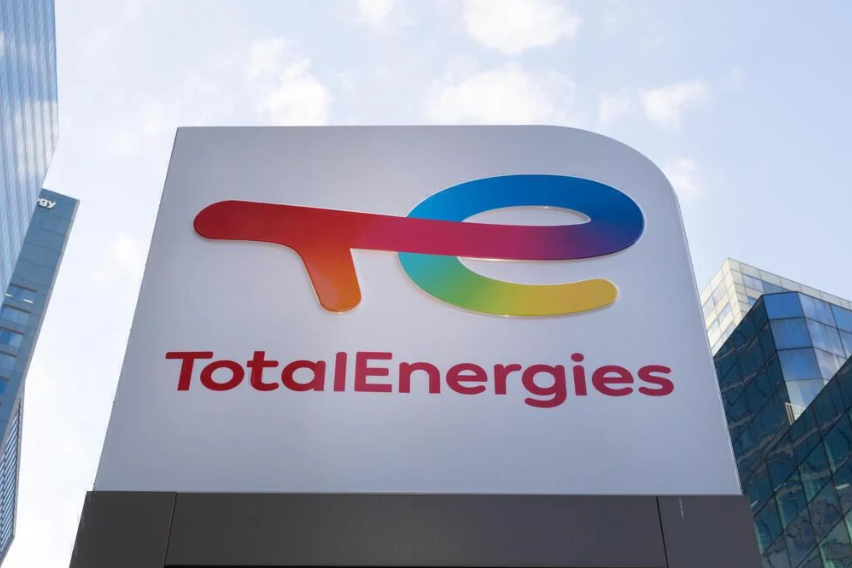TotalEnergies has partnered with Air Liquide to produce renewable hydrogen at the La Mède biorefinery in southeast France as part of its 2030 ambition to decarbonize hydrogen used in its European refineries.
This initiative complements the existing Masshylia project, which focuses on producing green hydrogen through electrolysis in collaboration with ENGIE. Together, these projects are expected to reduce annual CO2 emissions from the La Mède biorefinery by 130,000 tons.
Air Liquide will construct and operate a renewable hydrogen production unit at the La Mède platform, which will have an annual capacity of 25,000 tons. This facility will recycle coproducts from the TotalEnergies biorefinery, with the hydrogen produced being utilized for biodiesel and sustainable aviation fuel (SAF) production. The total investment for this project amounts to €150 million shared between TotalEnergies and Air Liquide, with production anticipated to commence in 2028.
Vincent Stoquart, President of Refining & Chemicals at TotalEnergies, stated, “This new renewable hydrogen production project, carried out with Air Liquide, allows us to accelerate the decarbonization of our La Mède platform.” He emphasized that the La Mède facility is evolving into a low-carbon hydrogen production center, contributing to the decarbonization goals of the Provence-Alpes-Côte-D’Azur region.
In parallel, TotalEnergies continues to develop the Masshylia project with ENGIE, which aims to produce 10,000 tons of green hydrogen annually through water electrolysis. This initiative is intended to support both the biorefinery and local customers in the Fos-Berre industrial-port zone. The partners are targeting the startup of a 20 MW electrolyzer in 2029, contingent upon securing European and French subsidies and obtaining necessary public authorizations.
TotalEnergies is committed to reducing its carbon footprint across its operations by integrating low-carbon hydrogen into its European refineries. The company aims to decrease its CO2 emissions by approximately 3 million tons per year by 2030 through various decarbonization initiatives.
